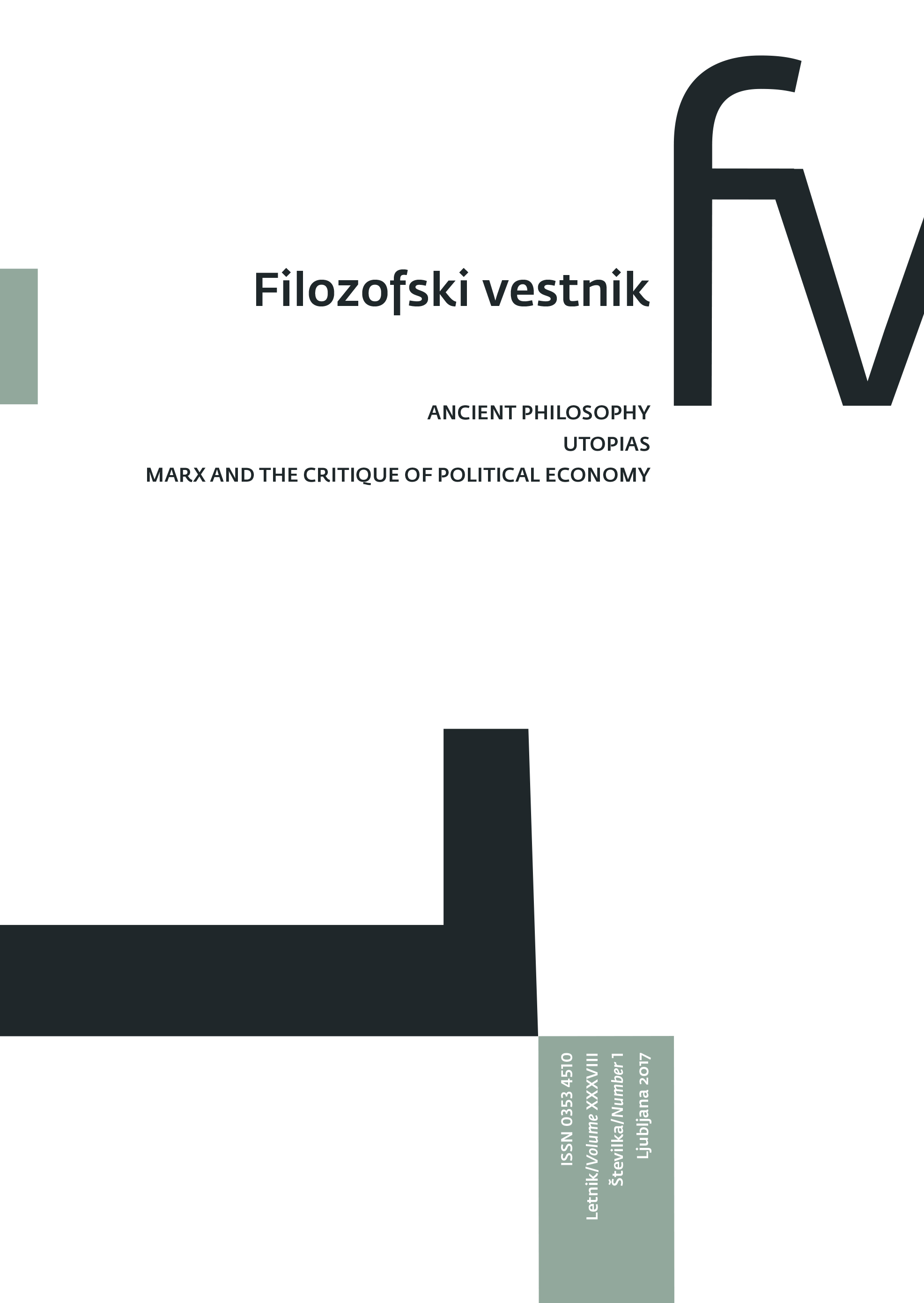Alexander of Aphrodisias on Common Sense
Keywords:
perception, awareness, discrimination, analogy, De animaAbstract
Aristotle introduced the notion of common sense (sensus communis), a higher-order perceptual capacity that unifies and monitors the special senses. The primary aim of this paper is to present the understanding of common sense – and its functions – of Aristotle’s most distinguished ancient commentator, Alexander of Aphrodisias. In doing so, I will keep an eye on Alexander’s agreement or departure from Aristotle and indicate his contributions to the subject matter. The secondary aim of this paper is to discuss one particular point of departure that came to dominate the subsequent reception of Aristotle’s notion of common sense, an analogy of which is common sense as being the centre of a circle at which different radii meet.
Downloads
Downloads
Published
How to Cite
Issue
Section
License
Authors guarantee that the work is their own original creation and does not infringe any statutory or common-law copyright or any proprietary right of any third party. In case of claims by third parties, authors commit their self to defend the interests of the publisher, and shall cover any potential costs.
More in: Submission chapter





